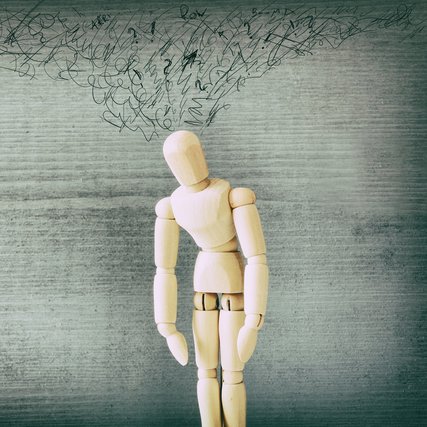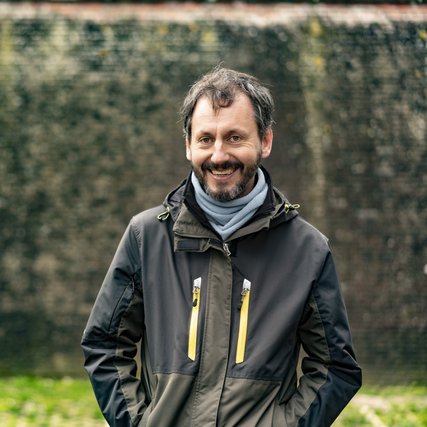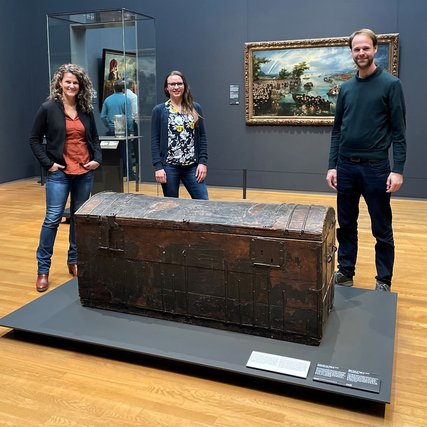Stories
CWI publishes on a regular basis news item about our research, education and the social impact of this research. In addition to news items, we publish more extensive stories about high-profile research or about CWI tackling social issues.
How AI can improve 113 Suicide Prevention's counselling services
PhD student Salim Salmi studied how to use artificial intelligence (AI) to measure the quality of chat conversations with 113 Suicide Prevention. He then used the data to train an AI model …

Portrait Marten van Dijk
Autumn 2024, IPN (ICT Research Platform Netherlands) made a portrait of Marten van Dijk, group leader of CWI's Computer Security group.

Data model predicts impact of healthcare supply chain transformations
In Zorgvisie magazine, professors Rob van der Mei (CWI & Free University Amsterdam) and Bianca Buurman (Amsterdam UMC) explain the five major areas of improvement they see for regional cooperation in acute …

Looking back: the search for Hugo de Groot's book chest
In this series we look back on CWI events and accomplishments that were in the news fairly recently. This episode: the quest for the book chest in which Hugo de Groot escaped …

Reducing waiting times for tourists
A day out in Amsterdam can be quite frustrating. Museums and other attractions are often fully booked or have long waiting lines. CWI researchers developed an algorithm that helps tourists coordinate their …

Math helps get volunteers to emergencies faster
In emergencies, such as cardiac arrest or a fire, volunteers are sometimes faster on the scene than first responders. Rob van der Mei, a researcher at CWI, is investigating how to optimally …
Strengths and weaknesses of quantum algorithms
CWI researchers have developed new quantum algorithms for a number of computational problems. They also discovered fundamental limits on the performance of future quantum computers: for many computational problems quantum computers will …

At the forefront of multimedia and security standards
In recent years CWI researchers have contributed to the development of new international standards for three-dimensional video and post-quantum cryptography. In the near future this will lead to new multimedia formats for …

